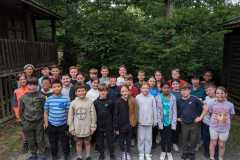

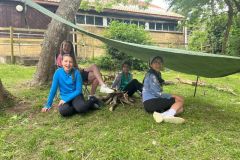
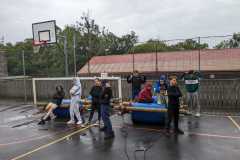
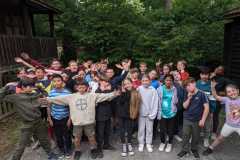
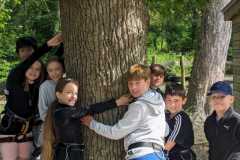
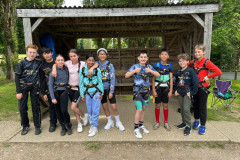

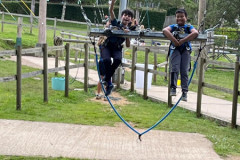
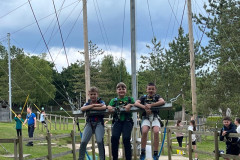

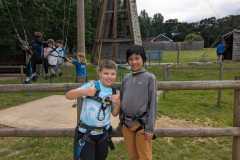
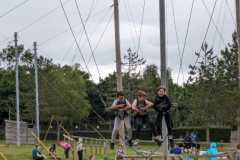

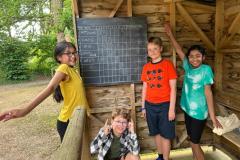

¬ BACK TO MAIN CURRICULUM PAGE
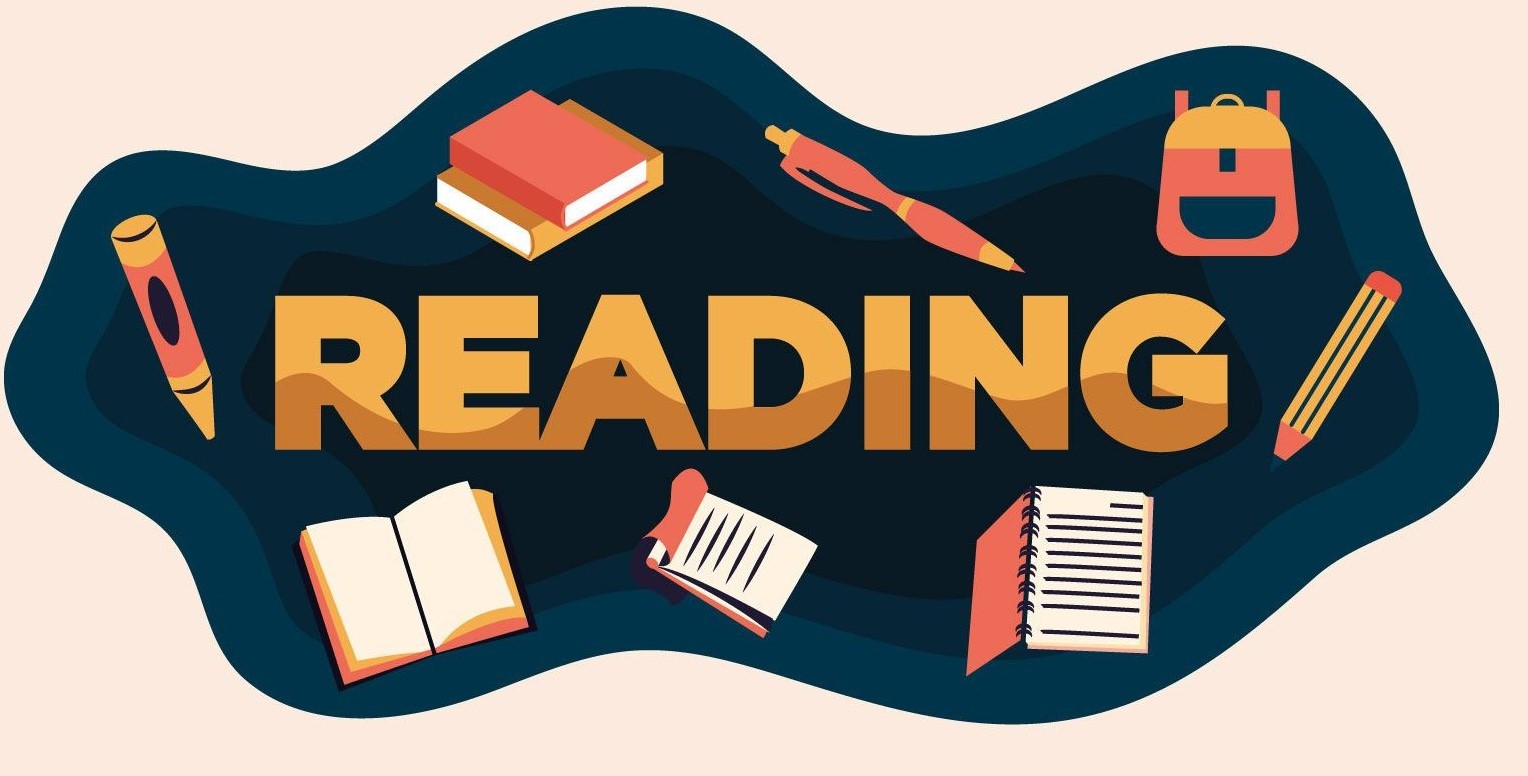
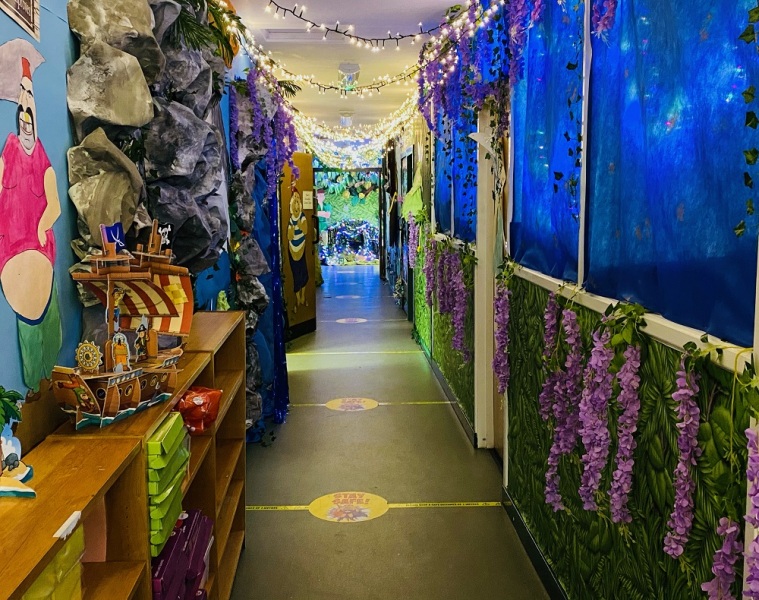
Reading opens pupils’ eyes to the human experience. At Farnborough Primary School, we believe that by mastering the art of reading, fostering an appreciation for it, and nurturing a love for books, we empower our pupils to excel across all facets of the curriculum, thereby exponentially enhancing their potential for success in life.
We believe that the teaching of reading is integral to a child’s understanding and appreciation of the world around them; a platform that allows our children to see beyond what they know, share in cultural experiences and develop the vocabulary they need to effectively express themselves. Our broad reading pedagogy teaches children to form a positive attitude about and foster a love of reading. We achieve this through carefully planned teaching and rich and challenging discussion using a wide range of engaging and increasingly complex texts.
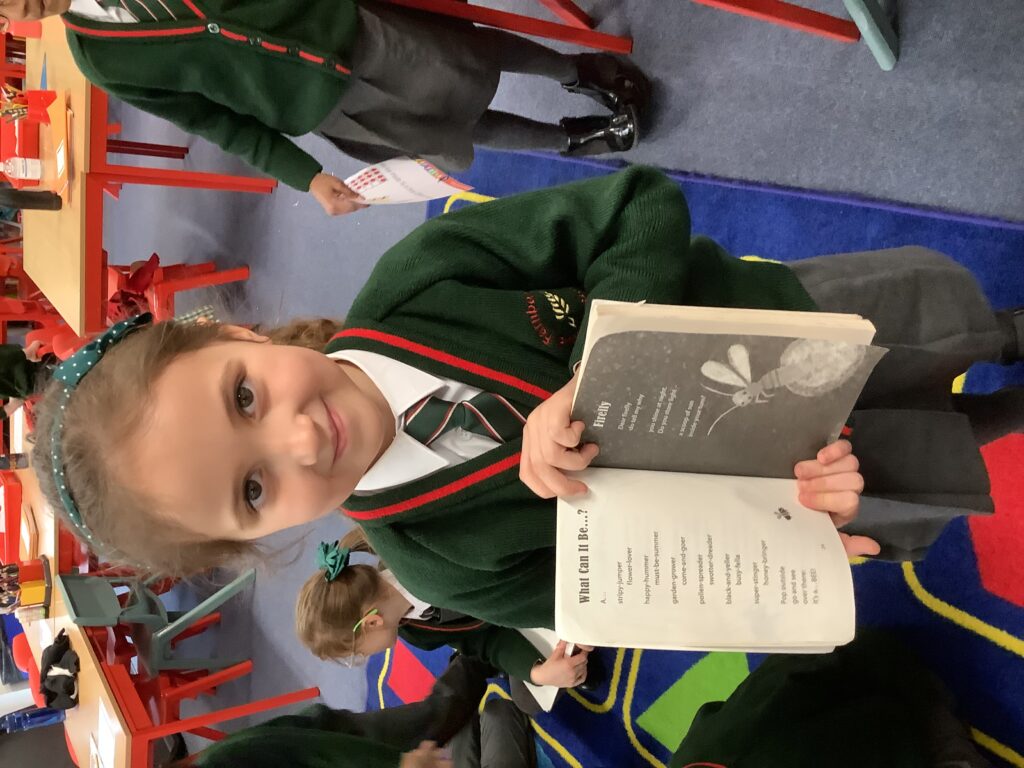
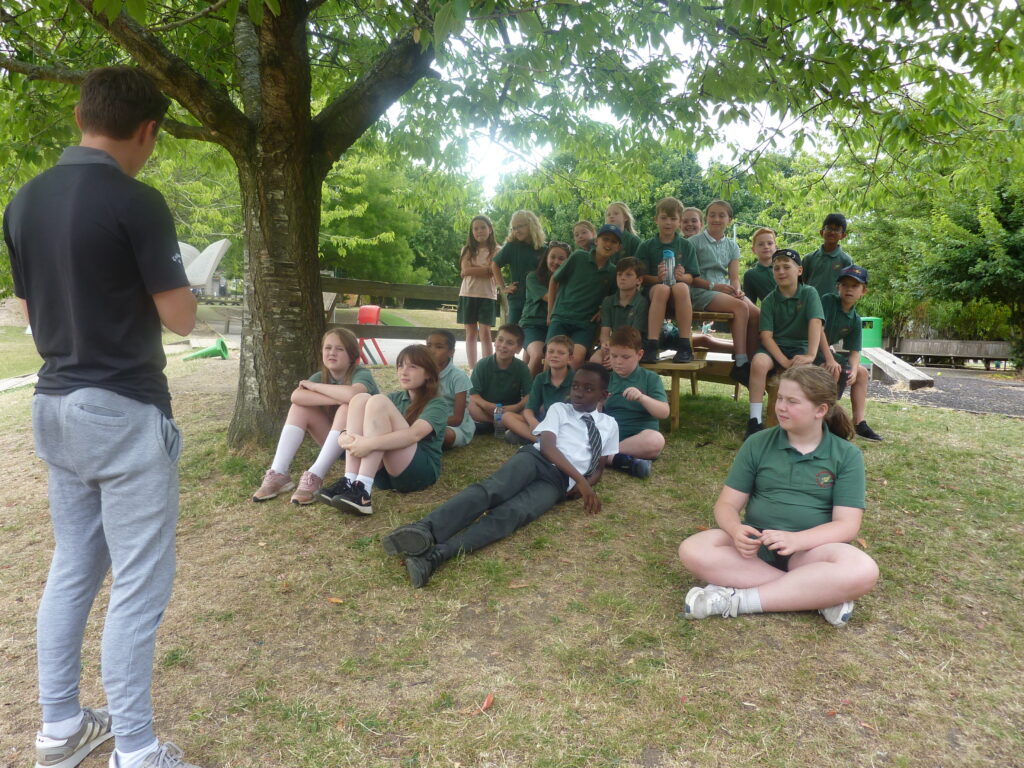
We have established a reading for pleasure pedagogy as we know from research that a love for reading has many benefits, including children being able to express ideas and themselves, improved understanding of others and the world and increased empathy.
Reading for pleasure is promoted across life at Farnborough, including reading aloud spine texts, reading independently, regular informal book talk, shared reading events and book fairs. Children have access to high-quality reading corners in classrooms, which have a variety of age-appropriate, inclusive and frequently updated texts within them. School librarians promote reading across the school and are actively involved in the running the library by updating displays, selecting books to promote and maintaining an engaging and accessible environment.
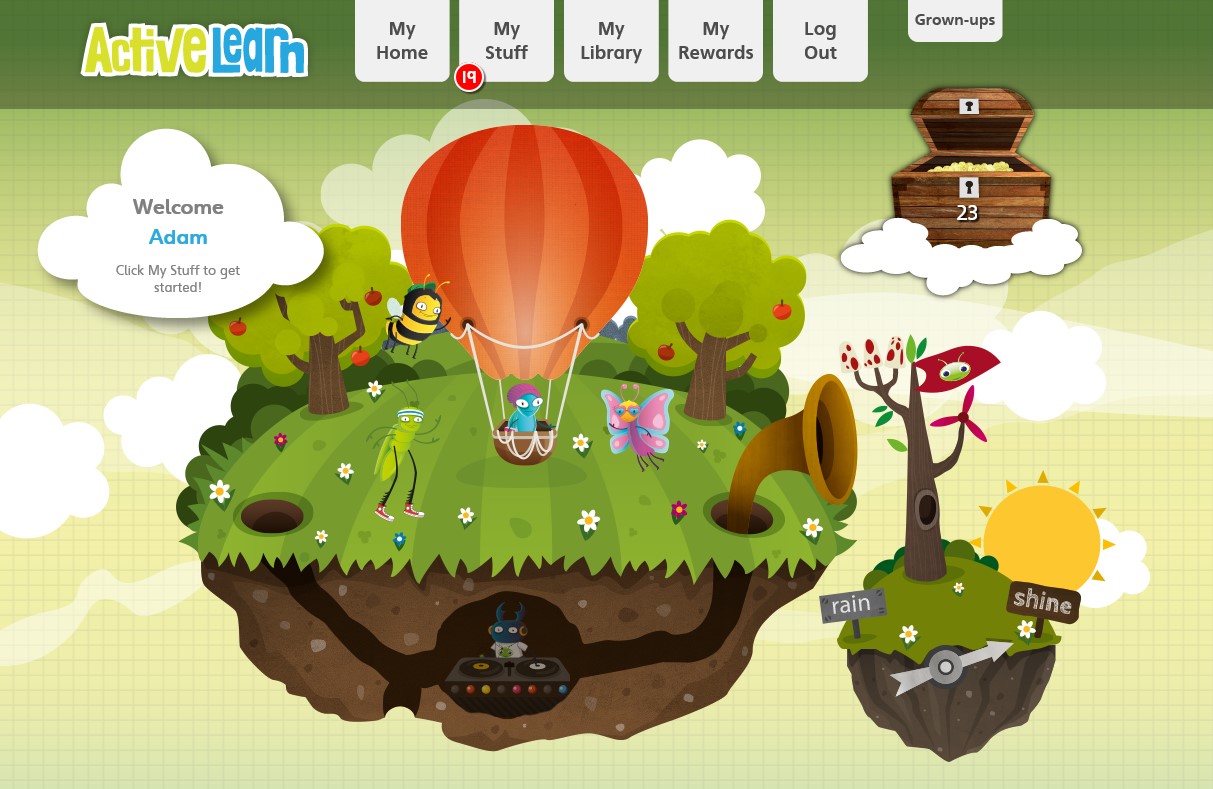
Initially, our focus centres on equipping pupils with strong phonics skills and the ability to apply them in decoding words, thus achieving fluency in reading so that working memory can be directed towards making meaning from a text. We employ the comprehensive systematic synthetic phonics program, “Bug Club Phonics” to achieve this goal. For more information please see https://farnboroughprimary.co.uk/phonics-curriculum/.
It is important that children are motivated to read at home regularly; when their reading opportunities increase, so does their fluency and stamina which in turn increases their enjoyment of reading. Therefore, the link between children’s motivation to read and reading for pleasure is reciprocal. We encourage parents to share books with their children at home and read their decodable books daily.
Children are given levelled titles from the Bug Club scheme to take home which match their phonics level in KS1 (and KS2 where children are receiving interventions to support their phonetic knowledge).
Vocabulary development is prioritised throughout reading, writing and the wider curriculum. A broad vocabulary supports children with understanding texts in both reading sessions, across the curriculum and in their daily lives. Children will develop their vocabulary through reading and listening to others read but are also taught vocabulary explicitly, particularly words and phrases that they are likely to use across the curriculum.
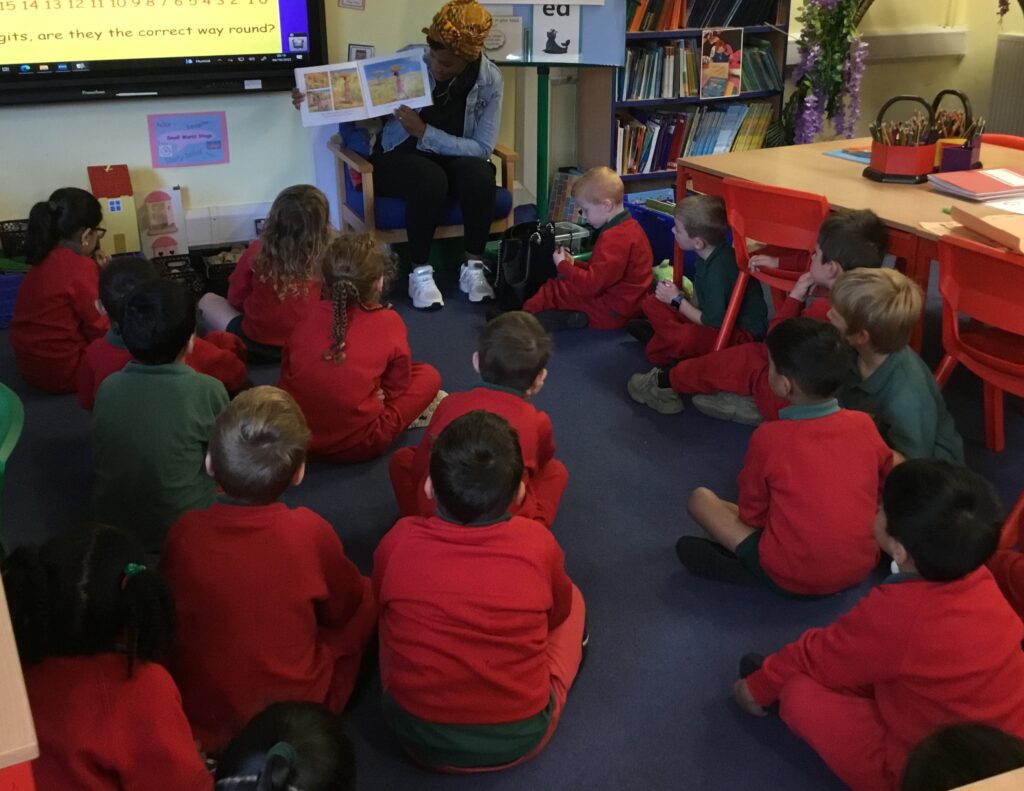
As fluency develops, children are taught how to comprehend what they are reading, interpret texts and retrieve information. Comprehension is a complex cognitive process which readers use to understand what they have read. We explicitly teach the processes of reading (vocabulary, inference, prediction, explaining, retrieval, summarising and sequencing). Each lesson focuses on a ‘big question’, which encourages rich discussion of the text to both discretely teach these processes as well as promote a love of reading. Texts for guided reading are high-quality, engaging and chosen thoughtfully by teachers; drawn from the Reading Spine, linking with topic work, or inspiring and captivating texts of literary merit.
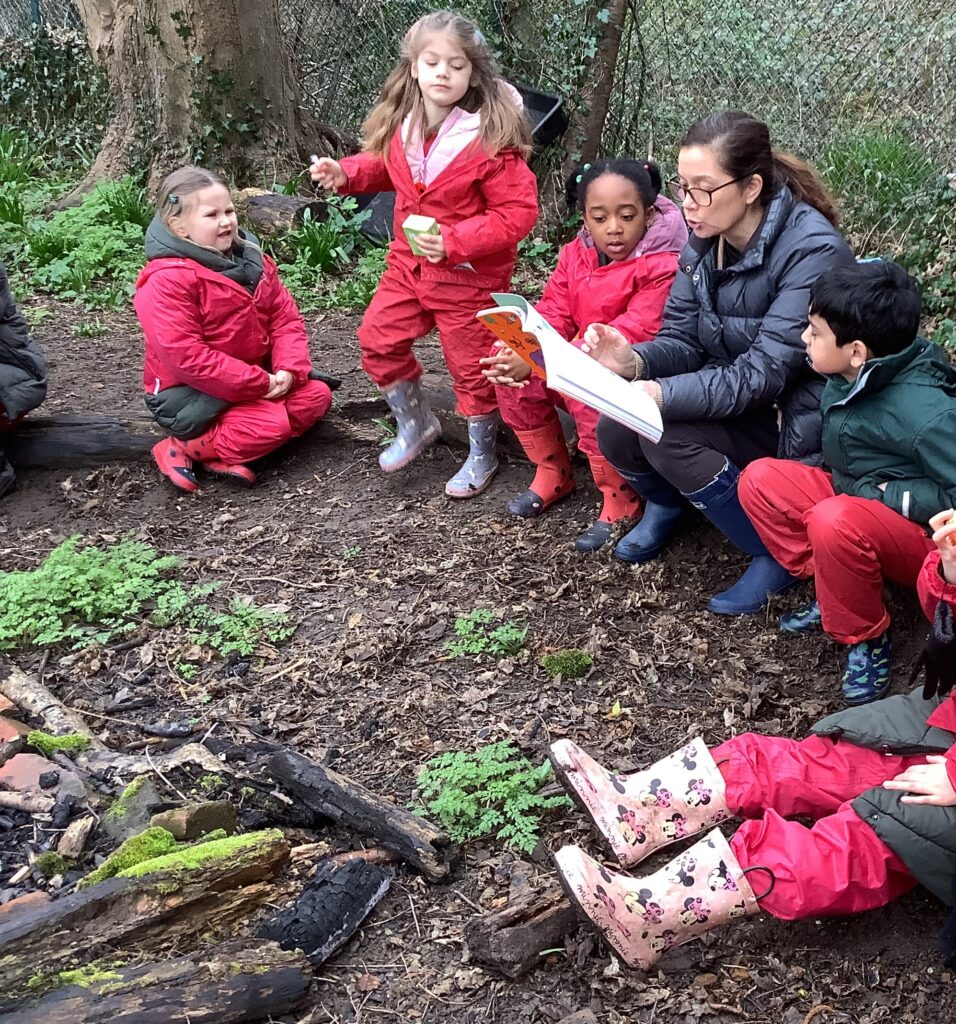
/.
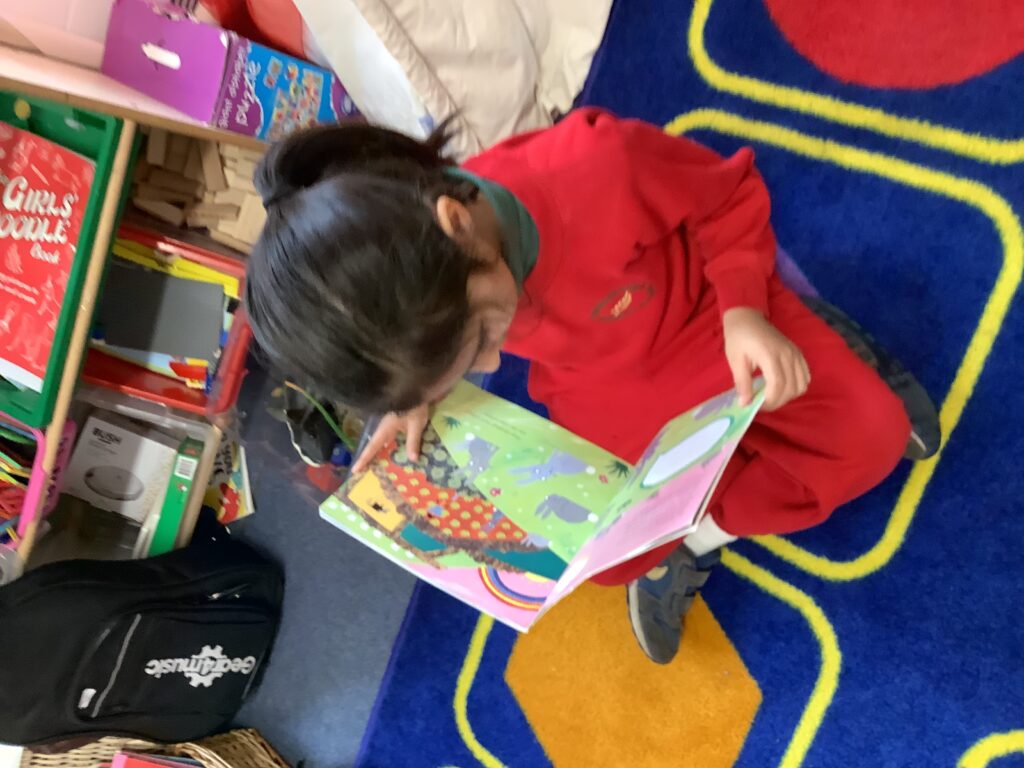

Children at Farnborough Primary School will: read for pleasure; read accurately, fluently and with understanding; read with expression, clarity and confidence; demonstrate a good linguistic knowledge of vocabulary and grammar; participate in rich discussions about texts they have read; read a variety of text types; be confident in applying their reading skills and ready to transition to KS3.
Please click on the links below for more: